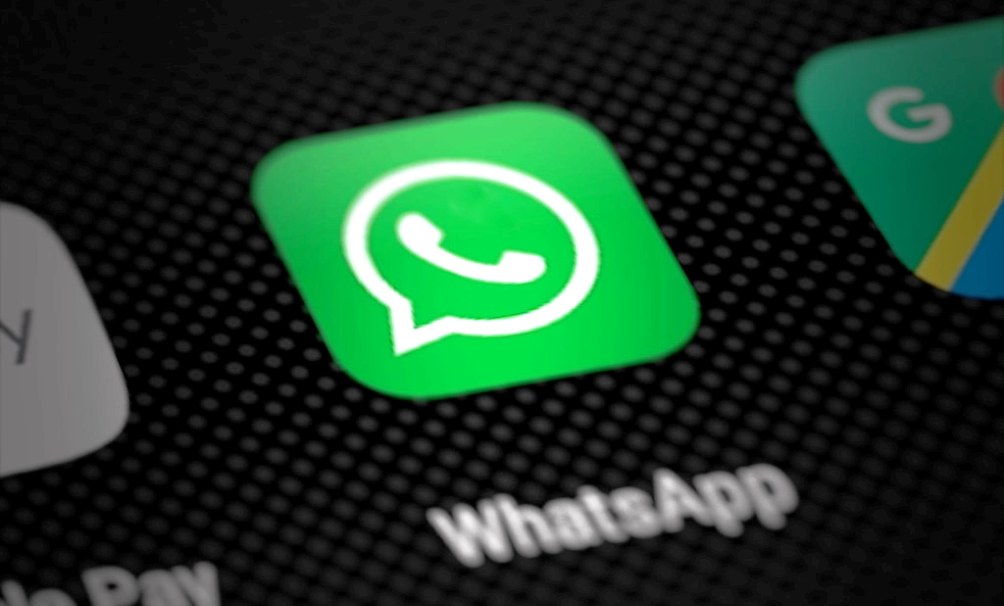Kriti Agrawal –
Union Information Technology (UIT) Minister Ravi Shankar Prasad said, India is not the only government looking for a legal mechanism to access limited data from end-to-end encrypted instant messaging systems like WhatsApp in order to detect and prevent crime.
Furthermore, the Minister stated that this would have no effect on ordinary WhatsApp users.
Minister’s remarks come at a time when Facebook-owned WhatsApp has petitioned the Delhi High Court, claiming that the Ministry of Electronics and Information Technology’s (MEITY) standards for determining the initial source of information would violate end-to-end encryption.
WhatsApp pleaded, “Because of this end-to-end encryption, WhatsApp’s users, including government officials, law enforcement officials, journalists, members of ethnic and religious groups, scholars, teachers, and students, are able to exercise their right to free speech and expression without fear of retaliation.”
Prasad stated that while the government valued individuals’ privacy and would obey the Supreme Court’s directions on the subject, it should be noted that the same verdict stated that terrorists, criminals, or corrupt people do not have any right to privacy.
Prasad said, “How did Cambridge Analytica collect information from tens of thousands of social media users? Are all of these (privacy) lectures reserved for India? You (WhatsApp) are revising your privacy policies, stating that users who engage with business accounts will have their data shared with Facebook. There, they (WhatsApp) are attempting to compromise on privacy, while here they are providing us privacy advice. These are double standards.”
End-to-end encryption on instant messaging services such as WhatsApp means that the message is encrypted in an unreadable format before it leaves the sender’s device and decoded in a readable state only when it reaches the intended receiver’s device.
WhatsApp and other instant messaging providers have consistently stated that they do not know what their users are transmitting and, as a result, cannot assist governments in cracking encryption even in specific circumstances.

